No-Fenol was developed in response to requests for a product that would support the digestion of fruits and vegetables, without the problems thought to be associated with polyphenolic compounds. Responses from customers indicate that for many, No-Fenol does allow the addition of these foods to the diet without complications.
All plants contain some degree of polyphenolic compounds (sometimes called “phenols”). The polyphenol structure itself is found everywhere in nature, and is essential to many of life’s processes. Current thinking is that some people, including a subset of children on the autism spectrum, have difficulty in the processing of polyphenolic compounds. This may present as behavioral problems and physical symptoms such as red ears and cheeks, and dark circles under the eyes.
While the reasons are not well defined, it is thought that perhaps the polyphenols in foods become “trapped” in some part of a metabolic cycle, presumbably involved with various detoxification pathways.
Literature
The research literature indicates that some polyphenols are modified by the addition of carbohydrate groups to their structures, which may inhibit their crossing into cells and being metabolized. The current hypothesis for why No-Fenol may help is through the ability of the enzymes in this product to remove the carbohydrate groups from the polyphenols, thus allowing normal processing by the detoxification pathways. There is no evidence that No-Fenol directly modifies polyphenolic structures. Rather, the success of No-Fenol in allowing the addition of polyphenolic foods back into the diet of some may result in a re-evaluation of the basis of the polyphenol “problem”.
Xylanase
The enzyme xylanase is the major component of No-Fenol, and is an enzyme used to breakdown the structural components of plant cell walls, which are primarily very complex carbohydrates. Xylanase is used in the juice industry to extract more juice from fruit pulp fibers. At least one reference indicates that polyphenolic compounds are actually increased with use of xylanase. Based on this reference and the fact that No-Fenol has allowed “phenol-sensitive” individuals to ingest polyphenolic foods, Houston Enzymes now believes that the polyphenol issue is much more complex than previously thought, and may not be due so much to the presence of phenols as to the specific structure of these polyphenols.
Foods rich in polyphenols include:
brightly colored fruits, brightly colored vegetables, red wine, coffee. black and green teas, spices, dark chocolate.
Will taking oral enzymes cause my pancreas to stop making enzymes?
No. Studies have shown little or no effect of oral enzymes on pancreatic enzyme production. The pancreas enzyme production is not regulated by a feedback system, and has no way of determining whether you are taking oral enzymes.
What is the dosing for No-Fenol?
No one dose is suitable for all. Dosing is not calculated based on age or body weight, but by how much is eaten in any one meal. Large meals or meals with foods that may not be well-tolerated, may require higher levels of enzyme. No toxicity occurs at any dosing level for enzymes so you can take many with no worry of side effects. We encourage some experimentation to find the amount that works best for you. A dose of ½ to 1 capsule per meal seems to be fine for most, however. You may try more as needed.
Filler
No-Fenol capsules contains microcrystalline cellulose and medium chain triglyceride (MCT) powder as filler. The MCT is derived from palm or coconut oil, and the cellulose is derived from European Spruce trees. The capsule is also cellulose.
You may open the No-Fenol capsules and mix with food or drink. Also check out our TriEnza Chewable which has some of the main enzyme from No-Fenol, plus other enzymes for carbs, fats and proteins.
Contraindications for Enzyme Supplementation
This product may not be appropriate for those with known allergies to enzyme proteins, though non-specific mold allergies do not necessarily preclude use of fungal enzymes. Consult your medical doctor for further advice, and err on the side of caution. Those with known anaphylactic allergic reactions to fungal proteins should NOT ingest fungal-derived enzymes.
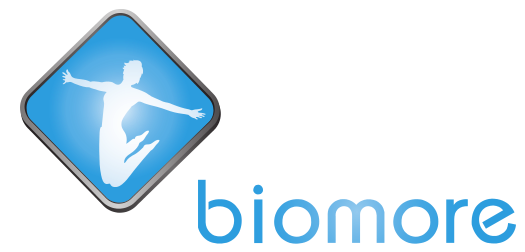
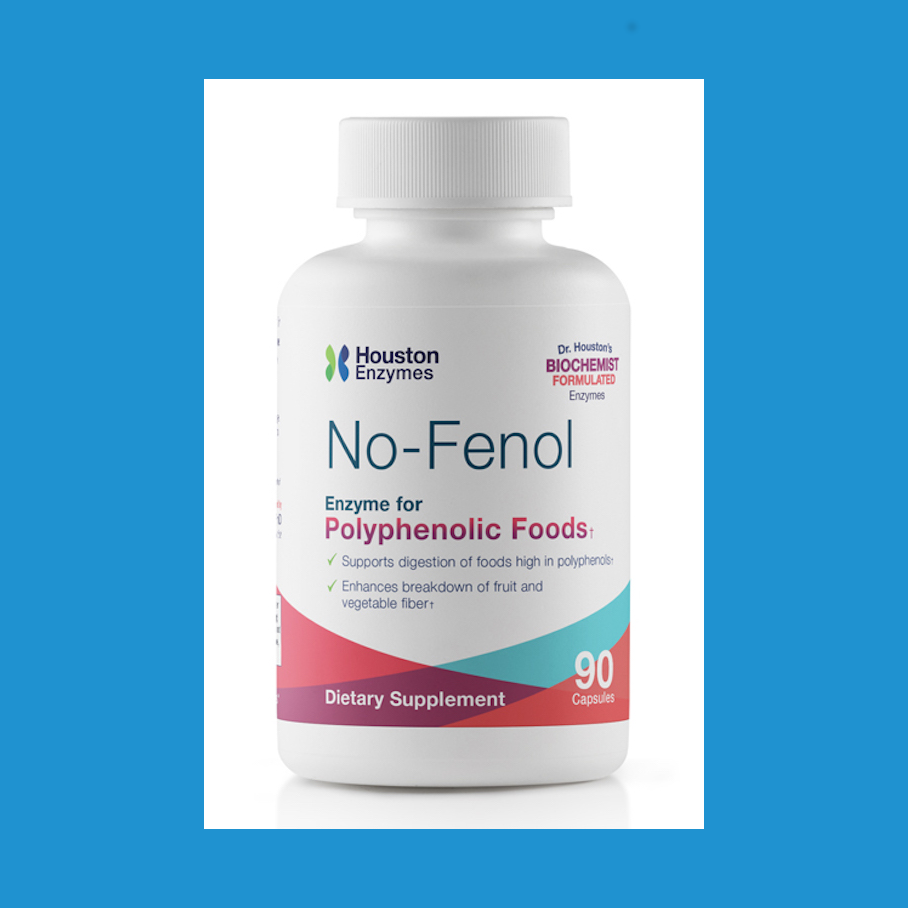
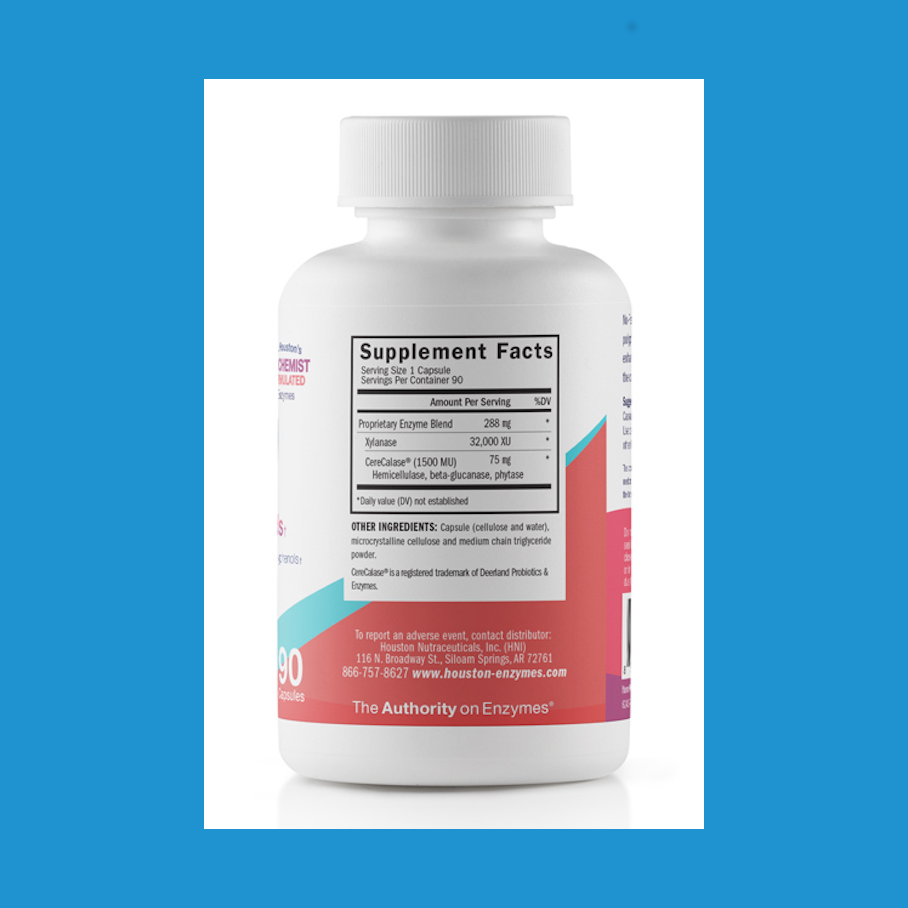
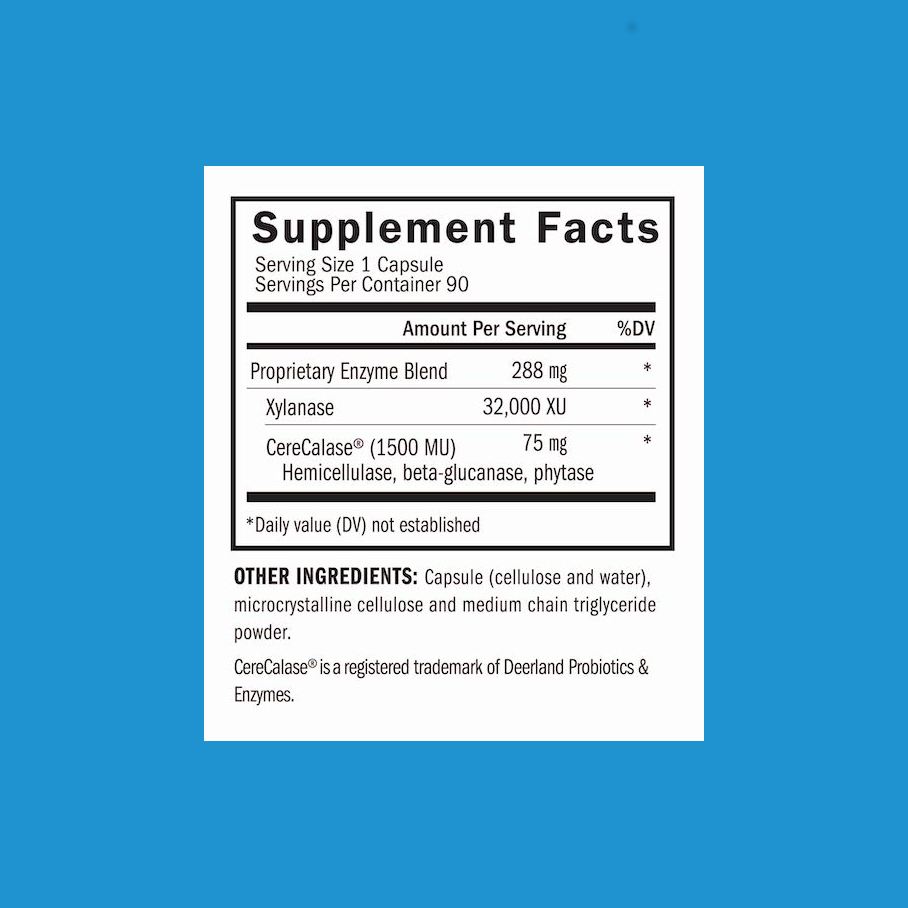



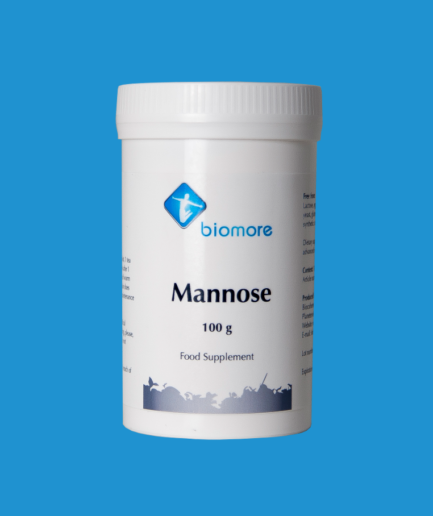
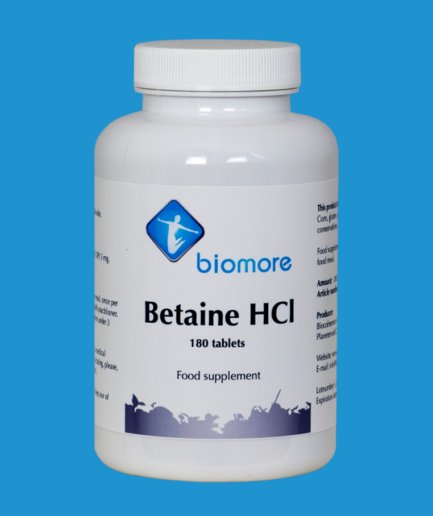

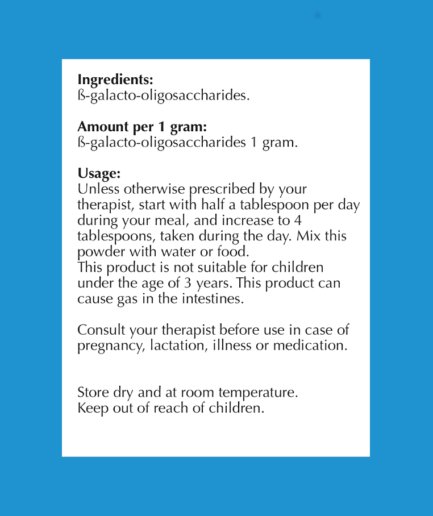
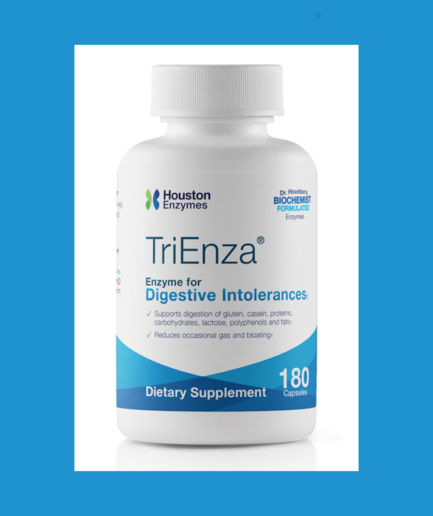
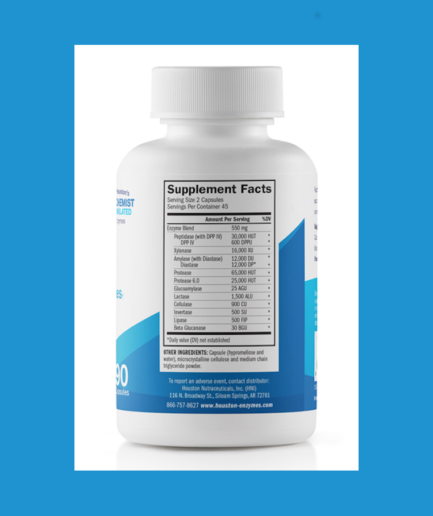
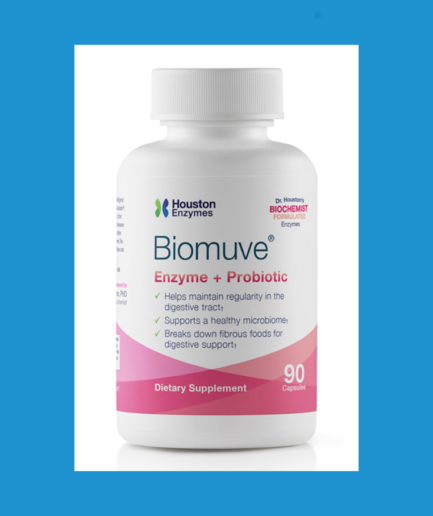
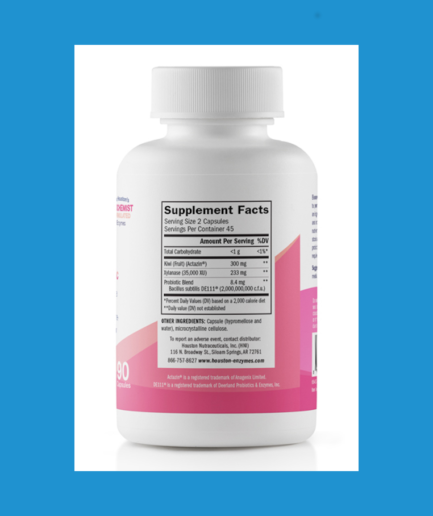
Reviews
There are no reviews yet.